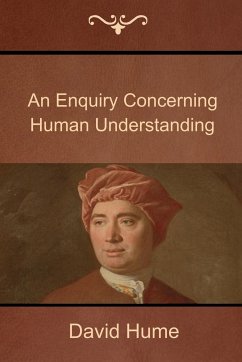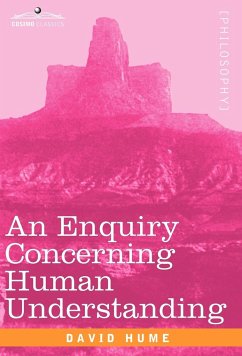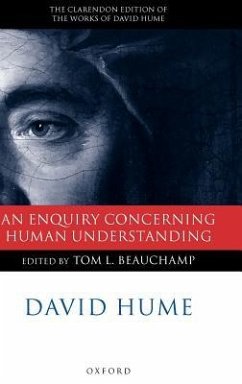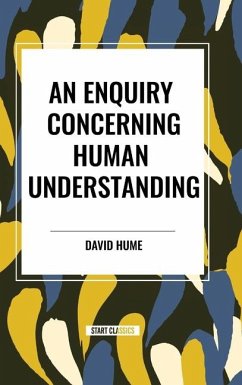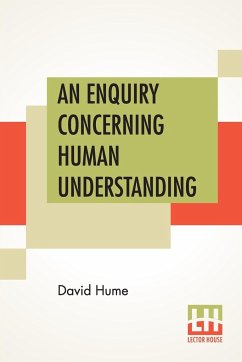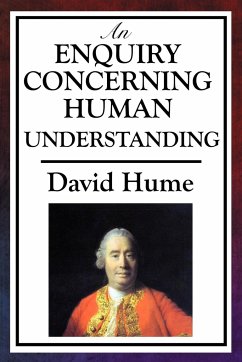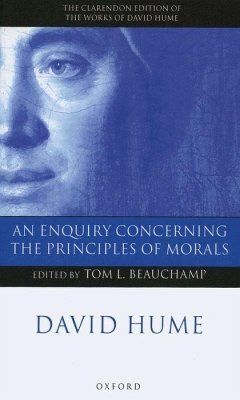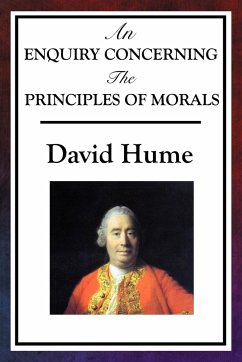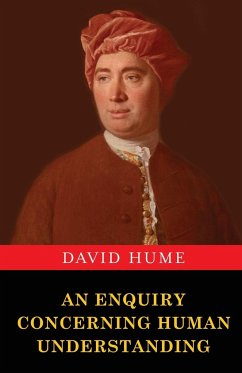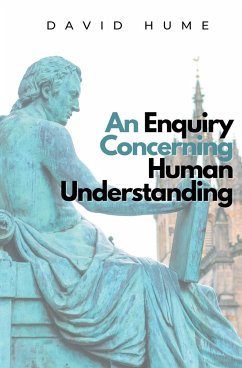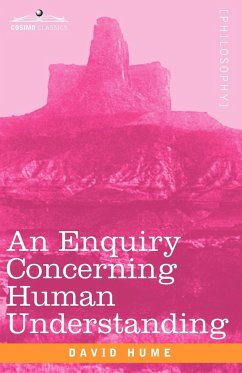
An Enquiry Concerning Human Understanding
Versandkostenfrei!
Versandfertig in 1-2 Wochen
20,99 €
inkl. MwSt.

PAYBACK Punkte
10 °P sammeln!
A man in a fit of anger, is actuated in a very different manner from one who only thinks of that emotion. If you tell me, that any person is in love, I easily understand your meaning, and form a just conception of his situation; but never can mistake that conception for the real disorders and agitations of the passion. When we reflect on our past sentiments and affections, our thought is a faithful mirror, and copies its objects truly; but the colours which it employs are faint and dull, in comparison of those in which our original perceptions were clothed. It requires no nice discernment or m...
A man in a fit of anger, is actuated in a very different manner from one who only thinks of that emotion. If you tell me, that any person is in love, I easily understand your meaning, and form a just conception of his situation; but never can mistake that conception for the real disorders and agitations of the passion. When we reflect on our past sentiments and affections, our thought is a faithful mirror, and copies its objects truly; but the colours which it employs are faint and dull, in comparison of those in which our original perceptions were clothed. It requires no nice discernment or metaphysical head to mark the distinction between them. -from "Of the Origin of Ideas" David Hume may well be the most significant philosopher ever to write in the English language: his arguments dramatically influenced both scientific and religious thinking, and much of what he wrote-particular concerning free will, political theory, and religion-still sounds startlingly modern. This 1748 treatise is the great thinker's thinking on thinking. What can we know, and how can we be sure we really know it? Is there ever any "truth" outside of what we experience inside our own heads? Does experience lead to knowledge, or does experience in fact foil and fool our understanding of the world? Deeply empiricist and skeptical, Hume's ideas continue to be reflected in everything from modern psychology to modern science fiction. His work remains essential reading for modern armchair philosophers. Scottish philosopher, historian, and essayist DAVID HUME (1711-1776) also wrote A Treatise of Human Nature (1739-1740) and An Inquiry Concerning the Principles of Morals (1751).





